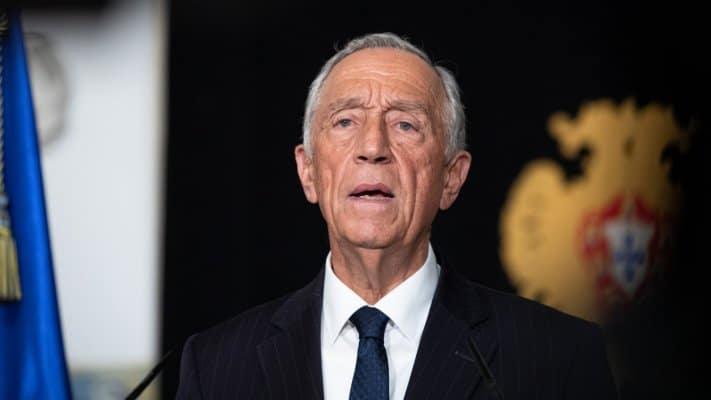“Serious operational difficulties” compound Portugal’s complicated health picture
President Marcelo has not signed the diploma of the last government extinguishing the five regional health administrations (known by the acronym ARS).
Instead, he has “returned the decision to the new executive”, which has opened up yet further problems for the incoming health minister.
The issue is not that PSD MPs were never in favour of the Socialist-led ‘health service reform’, nor of the extinguishing of the ARS groupings; the issue is that the halting of a reform ‘in progress’ has created a “leadership limbo”.
According to Expresso, it has fomented “basic difficulties” in the access to ARS IT systems, the transport of patients, even the purchase of medication.
President of the Portuguese Association of Hospital Director Xavier Barreto tells the paper there have even been failings in the purchase of vaccines and in paying health professionals.
The problems are affecting health units across the board – from large hospitals to health centres, including those that have not been included in the ULS (local health units) that ‘began functions at the beginning of the year’ (when the last government was already in caretaker mode) and were designed to take-over all the functions of the ARS.
As President Marcelo himself has said: “Are the ARS extinct? No. Are they working? No. Is the reform of the SNS health service outside the law? Yes. What happens next? No-one knows”.
FNAM, the national federation of doctors, has this week denounced “failures, errors and delays in the payment of GPs and other elements of family health teams throughout the country”.
There is also an absence of “incentives defined by the last government, relating to patient lists. For example, teams with elderly patients should be receiving a special incentive, but this is not being paid”, says the federation.
The national association of USF (newly created family health units) have also been complaining about the ‘impasse’: staff that should have moved from ARSs to ULSs haven’t, yet the responsibility for the work (they should be doing) has.
All this appears to have come about due to the haste with which the last government’s health reform was carried out as it lost its grip on power.
The final diploma extinguishing the country’s ARS groupings was approved 11 days after the legislative elections in which PS Socialists were ousted, but still technically ‘in office’. It arrived in the office of President Marcelo on March 27 (more than two weeks after the last government’s election defeat).
Since then, the man who devised the health service reform has resigned – and although still technically at his desk until the end of this month has reportedly refused to explain to Expresso how he was planning to “correct the inefficiencies that have arisen on the ground”.
Put simply, it’s all a massive mess.
Xavier Barreto however has delivered some clarity: “During the visit by the minister (of health) to Hospital de São João, I gathered from our conversation that (she) realises there is no margin for manoeuvre beyond what has been done. The perception is that the government doesn’t want to, won’t, go back because the point of return has passed.
“It is now up to the government to clarify matters, including with the President of the Republic to promote the rapid promulgation of the extinction of the ARS in view of the problems it is creating”. ND
Source: Expresso




















